This is a painstakingly researched and passionately written account of the ideas and movements that constitute the Indian Muslim’s experiences over the last two centuries. Divided into five sections, the book analyses the complex processes of identity formation, the politicization of Islam, and the demand for a separate Muslim nation. Part I with its three studies, subjects the idea of a single, unified and inalienable Muslim identity to a critical, penetrating historical evaluation to show how colonial and national discourses formed the Muslim as a counter-identity for Hindu India. Part II analyses the Khilafat movement and the role of its chief protagonists. Pan-Islamism is posited not as a retrogressive ideological instrument but as an anti-colonial ideology responding to popular pressures. The five essays in Part III address the relationship between the Congress and the Muslims during the critical decade of the 1930s, and trace the rise of the Muslim League. The essays on partition uncover the regional and local roots of Muslim nationalism to interrogate existing historical and methodological assumptions. Part IV examines the legacy of partition and traces the genealogies of communal divisions between Hindus and Muslims in North India that eventually led to the demolition of the Babri Masjid. The last essay explores what remains to be done to understand adequately the growing antipathies between India and Pakistan. Based upon the most reliable and up to date research and interpretation, this book is an indispensable reference for students of Islam, modernism, and civilizational encounters in general and Indian history and nationalism in particular.
Islam in the Subcontinent: Muslims in a Plural Society
In stock
Free & Quick Delivery Worldwide
Bibliographic information
Title
Islam in the Subcontinent: Muslims in a Plural Society
Author
Edition
1st ed.
Publisher
ISBN
8173044511
Length
xiv+530p., Tables.
Subjects

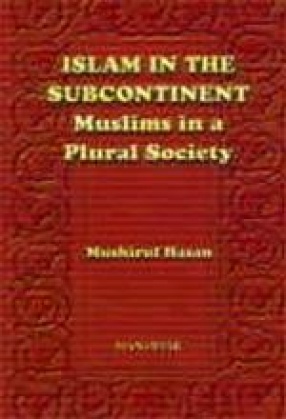
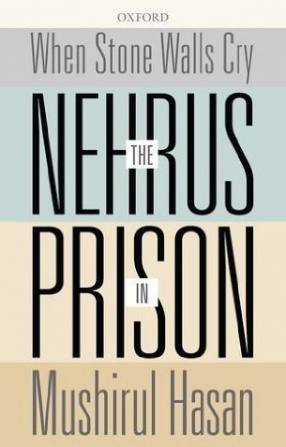
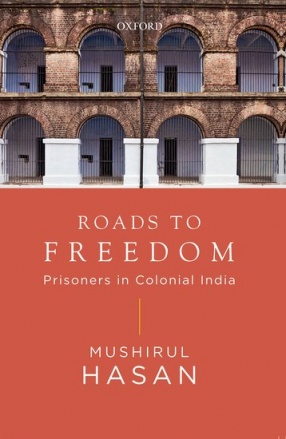
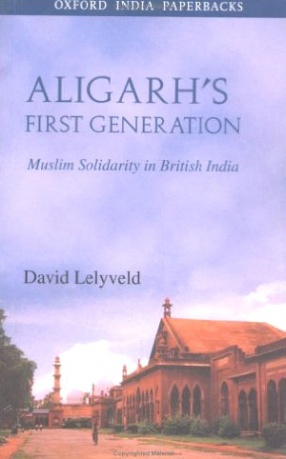
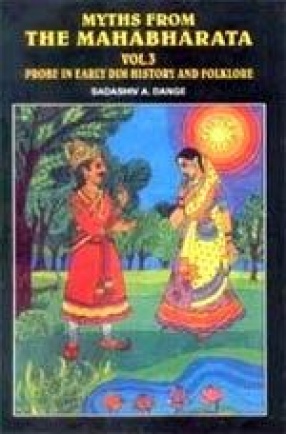
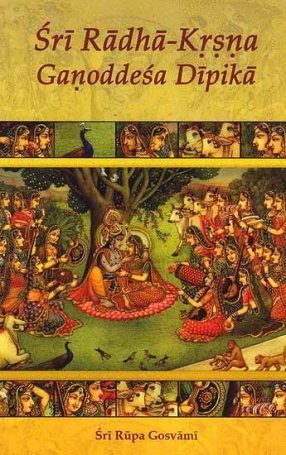
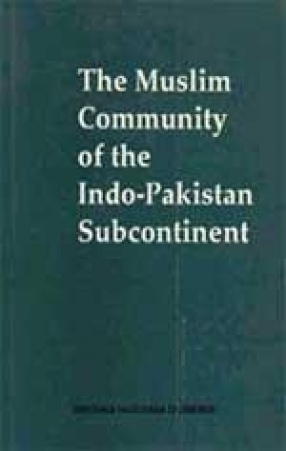
There are no reviews yet.